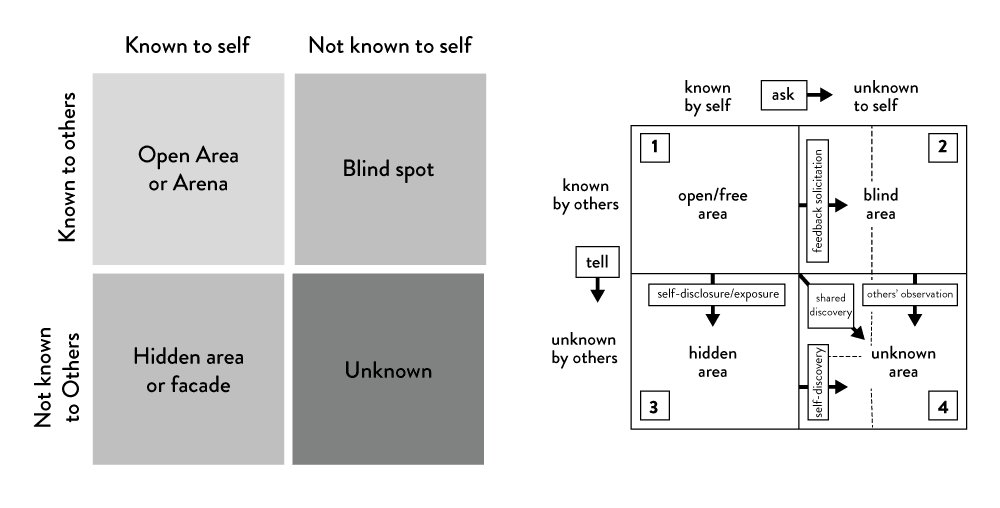We have all seen a lack of self-awareness in others. The person on the train talking so loud that everyone can hear every word of the conversation, oblivious to the disapproving looks. Or the person who has talked to you for 20 minutes without taking a breath and doesn’t get the cues that you want out.
To see the opposite of this, look no further than a recent job posting for a financial assistant to the CEO at Ryanair, one of the most successful low cost airlines in Europe.
Titled “Financial Assistant to Ryanair’s CEO (Worst Job in Ireland)”, the job posting advertises for a “A bright, ambitious qualified accountant to assist Ryanair’s misunderstood but beloved CEO.” Essential skills required include “Thick skin”, “Saint-like patience” and an “Ability to operate without sleep or contact with the outside world”.
Clearly, not only is Ryanair’s CEO quite self-aware, the company is also being very authentic and direct about its culture and who would do well in their environment. It’s fair to assume anyone taking the job at Ryanair has a good idea what to expect.
Effective leaders typically have incredible self-awareness. They are innately cognizant of their strengths and weakness and can quickly adapt their behavior to their environment and feedback in real time. They also surround themselves with people who complement their weaknesses and fill those gaps.
One of the most powerful tools for self-awareness is called the JOHARI Window, named after its founders Joe and Harry. It maps what you know about yourself to what others know about you into a 2 x 2 matrix. The four areas in the window are your Open Self, Hidden Self, Blind Self and Unknown Self.
The biggest risk for most of us is our “Blind Spot”, things we don’t know about ourselves that others do (i.e. we talk too much or don’t pay attention).
To increase our “Open Self” to others (things that are known by everyone), this model encourages us to push both the vertical line to the right and the horizontal line to the bottom.
Doing this requires overcoming the natural pull of cognitive dissonance, being willing to accept direct feedback, and sharing things about ourselves we are inclined to keep hidden.
The JOHARI Window is an effective tool for cultivating a positive, highly productive, fulfilling work environment and improving understanding and relationships between individuals.
Over the next week, see how you can expand your “Open Self” by sharing something new with those around you or inviting open and honest feedback. A great question along these lines is “What’s one thing you would want me to stop doing and to keep doing?”
Quote of the Week
“Knowing others is intelligence; knowing yourself is true wisdom. Mastering others is strength; mastering yourself is true power.”
Tao Te Ching










